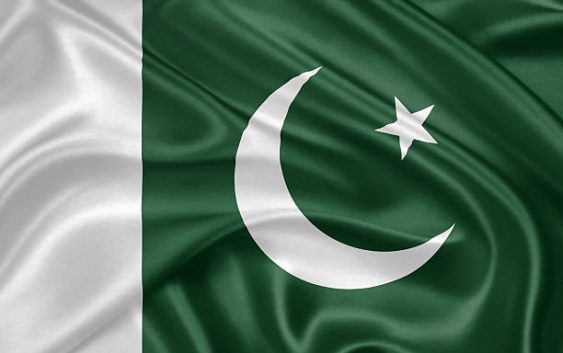Pakistan, officially the Islamic Republic of Pakistan, is a country in South Asia. It is the world’s sixth-most populous country with a population of more than 207 million people. It is the 36th-largest country in the world in terms of area, covering 796,095 sq km (307,374 sq mi.) Let’s explore more about this country with the following facts.Some Interesting Facts about Pakistan
‘Islamic Republic of Pakistan’ is the official name of Pakistan.

Pakistan is the only Muslim Nuclear Country in World.

Pakistan has been listed among Next Eleven (N-11), the eleven countries that along with the BRICS have a high potential of becoming the world’s largest economies in the 21st century.

Land of oldest Civilization – Indus Valley and Mohenjo-Daro is situated in Pakistan.

The only Muslim country after Turkey to open Combat Jobs for women is Pakistan.

World’s largest deep sea port, Gwadar is in Pakistan.

Karakoram Highway, connecting China & Pakistan, is the highest paved international road in the world.

Khewra Salt Mine, the second largest salt mine in the world is in Pakistan.

The World’s highest Polo ground is in Shandur Top, Pakistan at a height of 3,700 meters.

Tarbela Dam on the Indus River in Pakistan is the largest earth filled dam in the world and is second largest by the structural volume.

Pakistan manufactures more than 50% of World’s hand-sewed footballs.

Just two people have won the Nobel Prize from Pakistan. They are: Malala Yousafzai for Peace in 2014 and Abdus Salam for Physics in 1979.
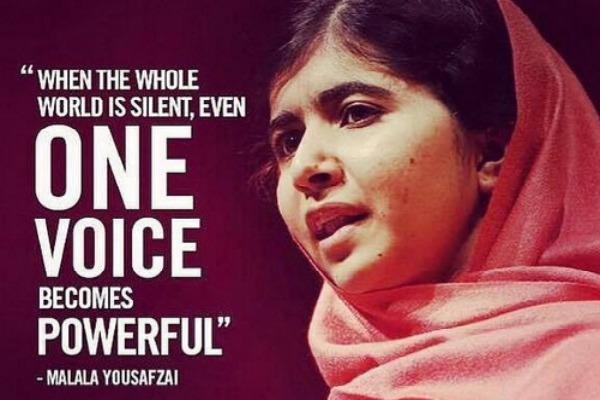
Sugarcane juice is the national drink of Pakistan. In Pakistan, it is also known as “ROH.”

Afghanistan, China, India, and Iran share a border with Pakistan.
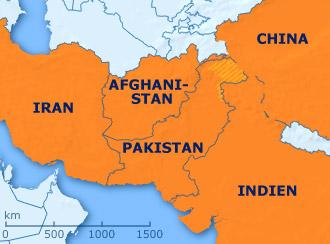
Pakistan’s national language is Urdu, while its official language is English.

The internet is used by 35.835 million people in Pakistan. It occupies position number 27 on the list of the top internet-using countries in the world. Nearly 18% of its population uses the Internet (July 2015 est.)
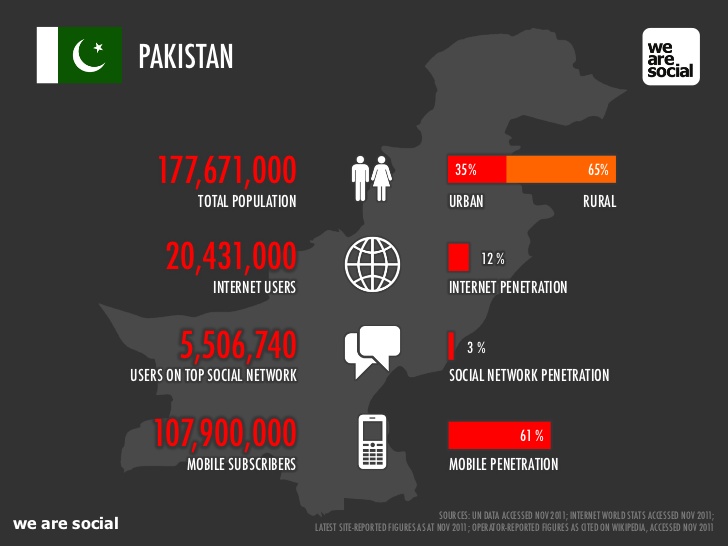
Pakistan has the only fertile desert in the world – the Tharparkar desert – located in Sindh province.

Pakistan has the eleventh-largest armed force in the world. It has 617,000 people in its army. UN peacekeeping missions are supported largely by the Pakistani army.

According to a survey, Pakistan has one of the world’s top national anthem tunes.

Pakistanis are the fourth-most intelligent people in the world, according to poll results gathered from 125 countries by the Institute of European Business Administration.

The world’s seventh-largest collection of scientists and engineers is from Pakistan.

Mango is the national fruit of Pakistan, and its national flower is Jasmine.

The markhor is the national animal of Pakistan. Its national bird is the chukar partridge.

Pakistan has some of the best-trained air force pilots in the world.
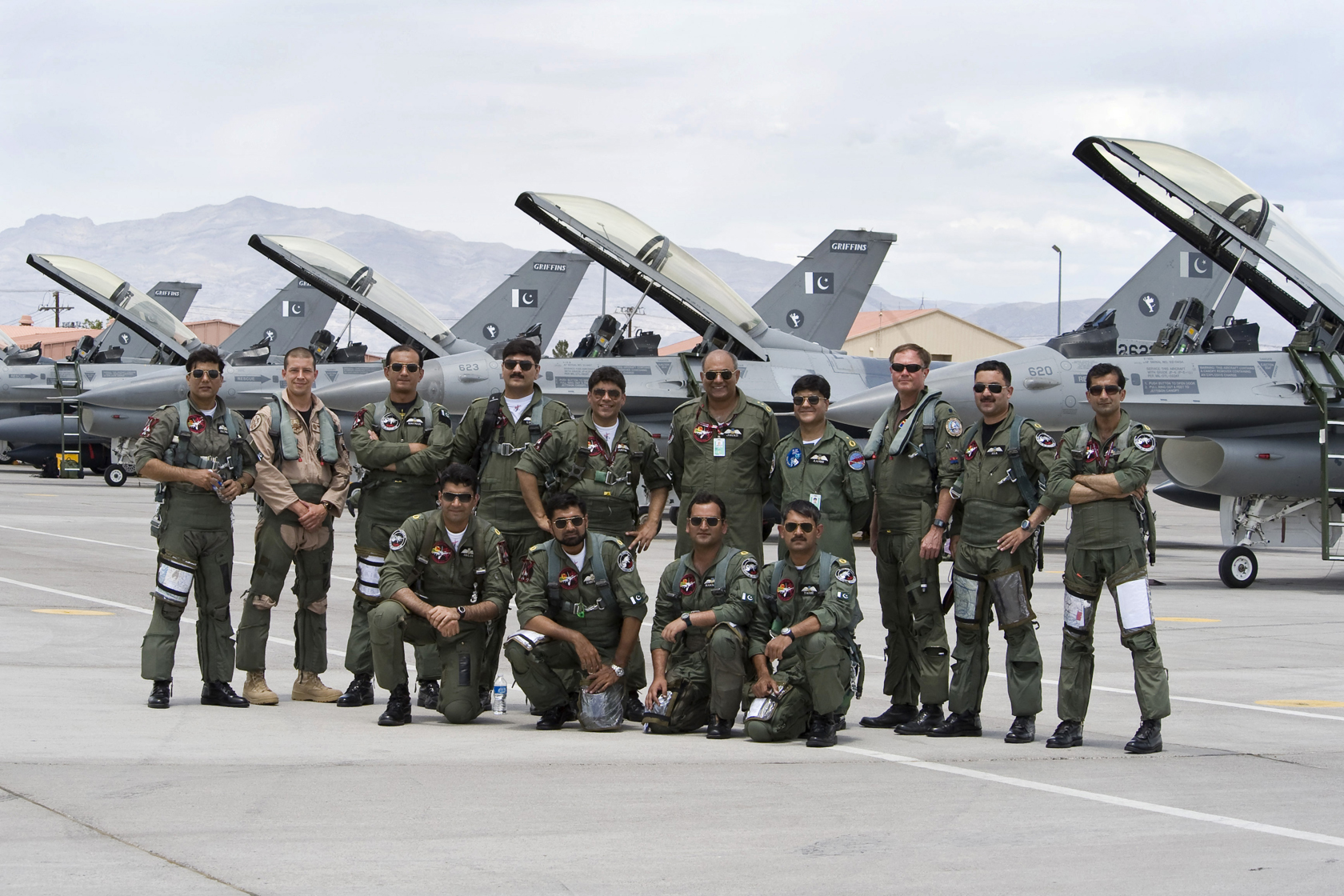
March 23rd is Pakistan’s Republic Day or “Pakistan Day.”
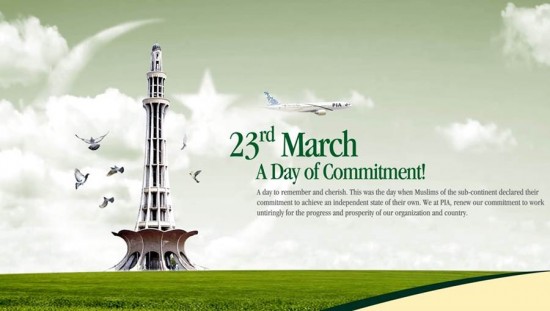
Life expectancy in Pakistan is 67.7 years (2016.)

The GDP of Pakistan is $988.2 billion (2016 est.)
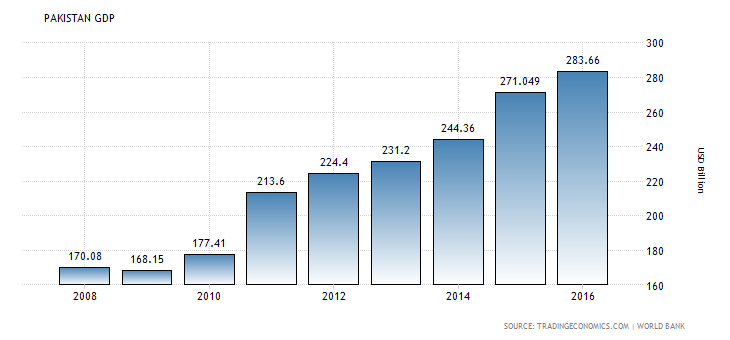
The majority of Pakistan’s population is Muslim, amounting to 96.4%, while the rest includes Hindus and Christians.
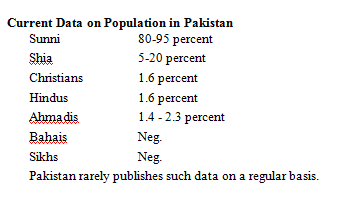
Benazir Bhutto became the first female Prime Minister of Pakistan, and of any Muslim nation.

Pakistan consumed 82 billion kWh of electricity, while it produced 100 billion kWh (2014 est.)
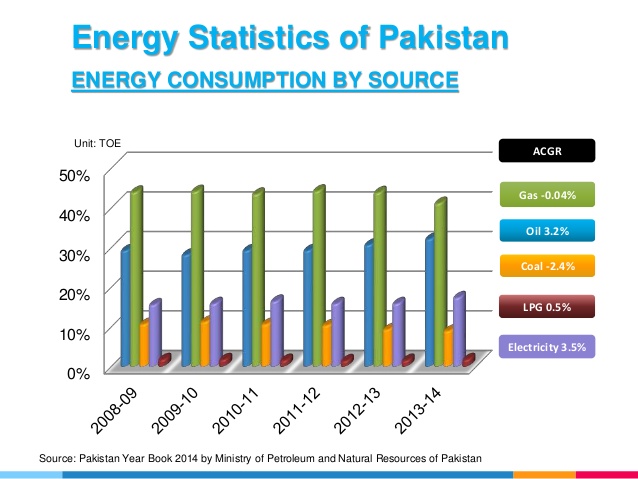
Pakistan generates 67.7% of energy from fossil fuels, 3.2% from nuclear fuels, 28.6% from hydroelectric plants and 0.4% from other renewable sources (2015).
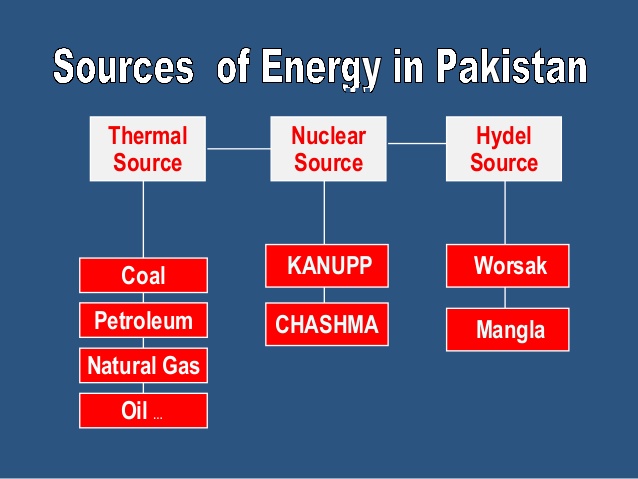
There are 151 airports in Pakistan (2013).

The Port Muhammad Bin Qasim is the major port in Karachi, Pakistan.

Major crops of Pakistan include cotton, wheat, rice and sugarcane.
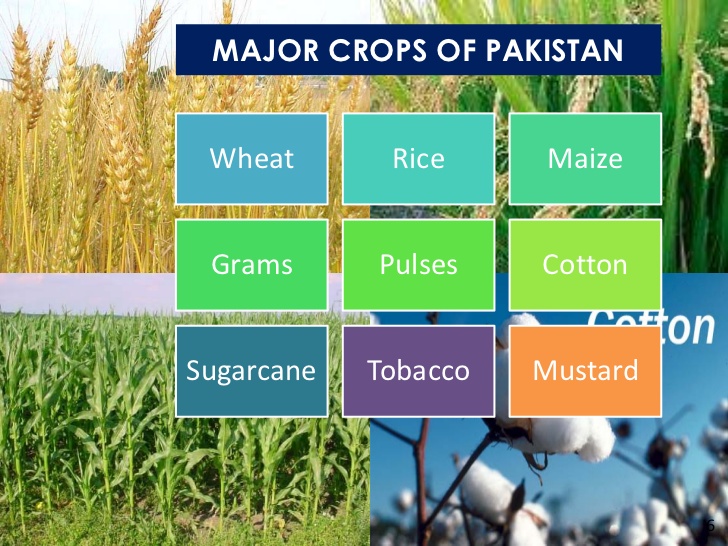
Father of the Nation of Pakistan is Quaid-i-Azam Muhammad Ali Jinnah (1876-1948).

National Poet of Pakistan is Allama Muhammad Iqbal.
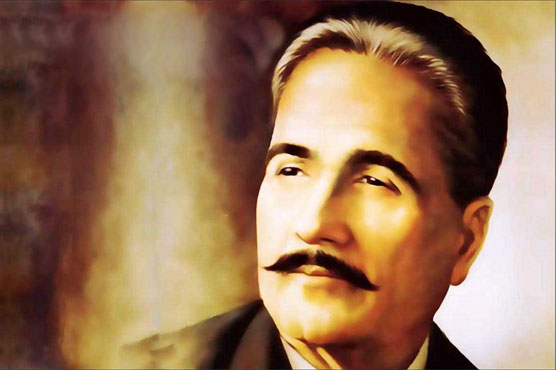
K-2 (Chagori) is the highest mountain peak in Pakistan, and the second highest in the world.
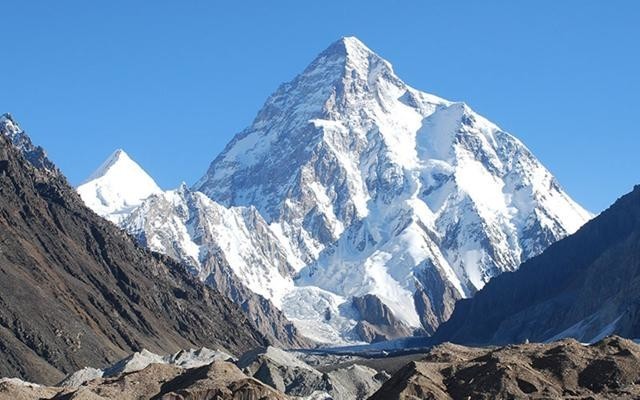
Pakistan imports: machinery, electrical goods, petroleum products, transportation equipment, metals and metal products, fertilizer and foodstuffs.

Pakistani Food is very Spicy.

Therefore
However
Moreover
Lastly
Next
Also
Furthermore
In addition to
Similarly
Likewise
Accordingly
Hence
Consequently
As a result
Thereby
Otherwise
Subsequently
Thus
So then
Wherefore
Generally
Usually
For the most part
As a rule
Ordinarily
Regularly
In particular
For instance
Particularly
Especially
Related posts:
 10 of the Most Haunted or Mysterious Places of Pakistan
10 of the Most Haunted or Mysterious Places of Pakistan
 Shandur Lake of Gilgit, Baltistan, Pakistan
Shandur Lake of Gilgit, Baltistan, Pakistan
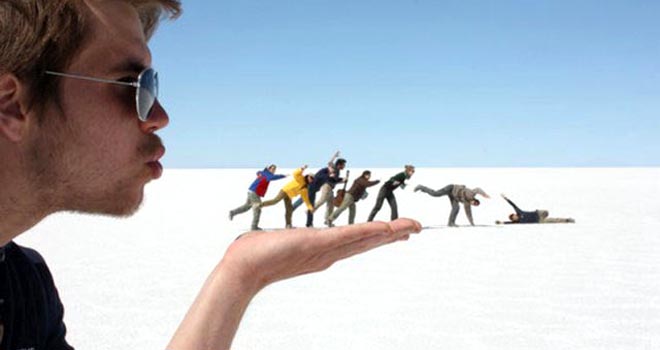 Watch Twice! Still Looking Fake? You Will Be Shocked To Know That They Are 100% Real!
Watch Twice! Still Looking Fake? You Will Be Shocked To Know That They Are 100% Real!
 50+ International Borders Around The World (Photos)
50+ International Borders Around The World (Photos)
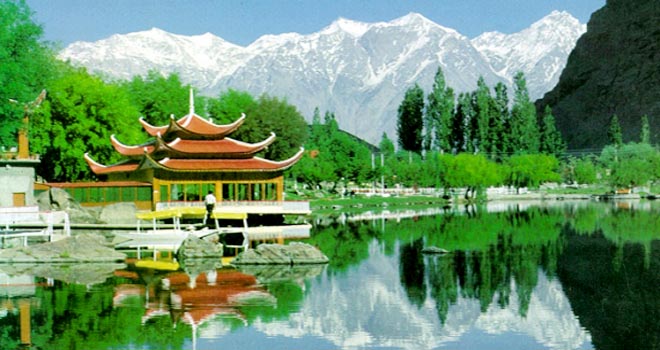 Its Not Europe, Its Hunza, Pakistan (Photos)
Its Not Europe, Its Hunza, Pakistan (Photos)
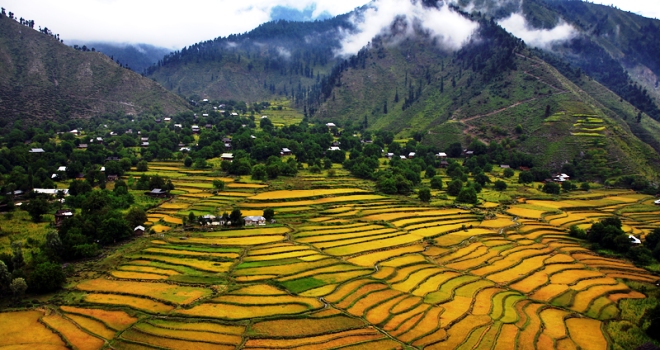 10 Beautiful Natural Places to Visit in Pakistan (with Photos)
10 Beautiful Natural Places to Visit in Pakistan (with Photos)
 Love for Pakistan from China – Beautiful Song (Video)
Love for Pakistan from China – Beautiful Song (Video)
 Kachura Lakes Skardu (Most Beautiful Lakes of Pakistan)
Kachura Lakes Skardu (Most Beautiful Lakes of Pakistan)
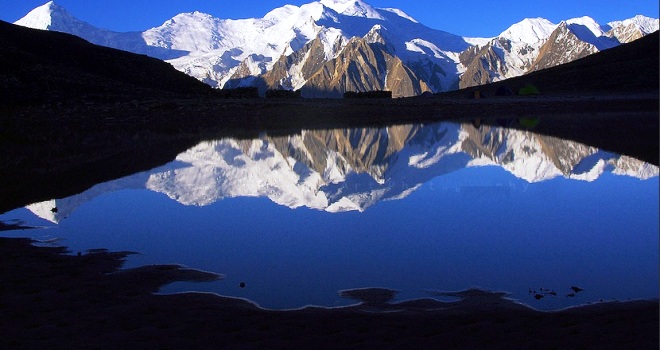 Pearl of Karakoram, Rush Lake of Pakistan
Pearl of Karakoram, Rush Lake of Pakistan
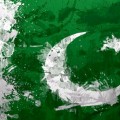 What We Have Achieved in Year 2015 (Best of Pakistan) – Part 3 (Photos)
What We Have Achieved in Year 2015 (Best of Pakistan) – Part 3 (Photos)
 Netflix is Coming to Pakistan!
Netflix is Coming to Pakistan!
 BREAKING: Youtube Officially Unblocked in Pakistan
BREAKING: Youtube Officially Unblocked in Pakistan

